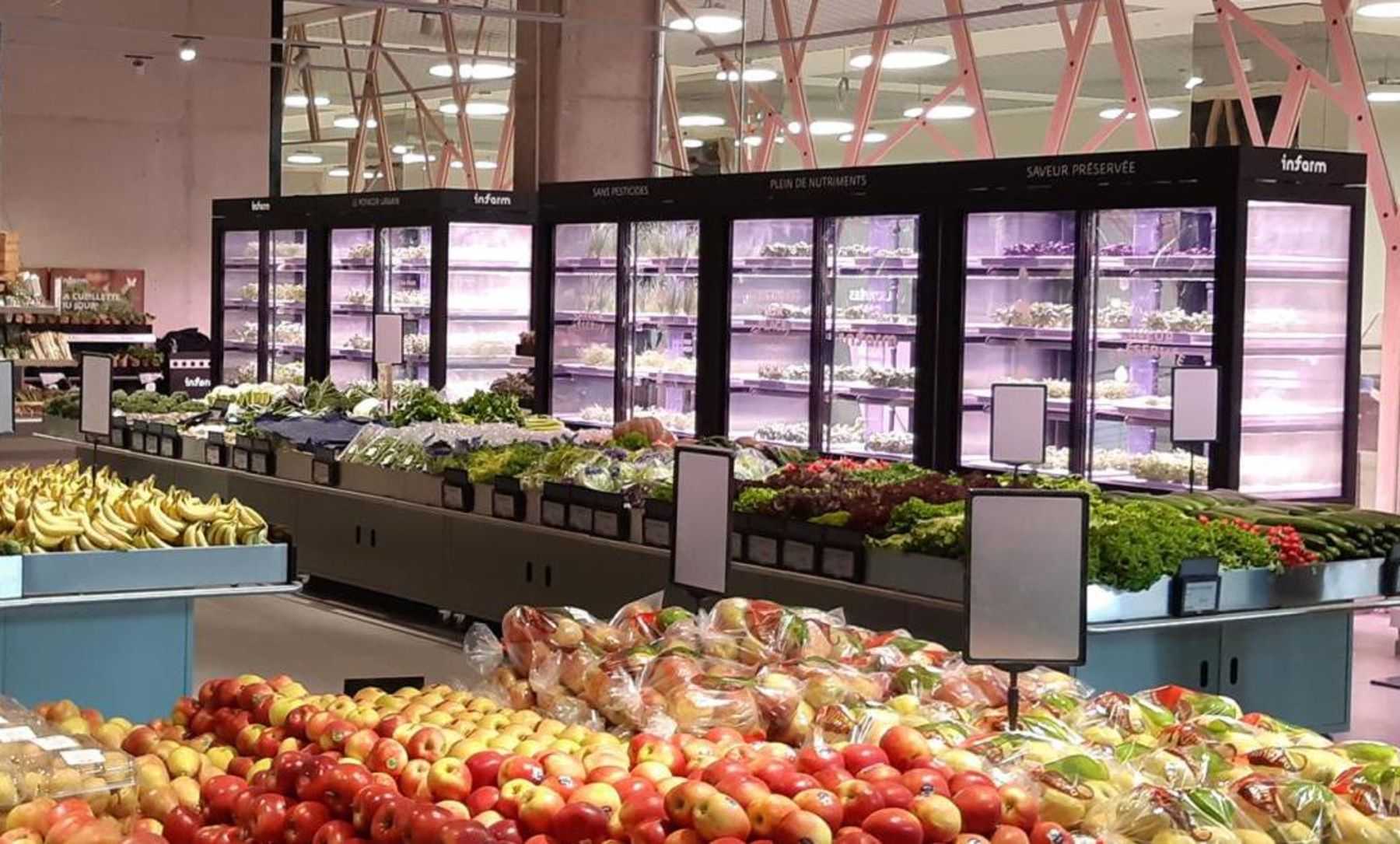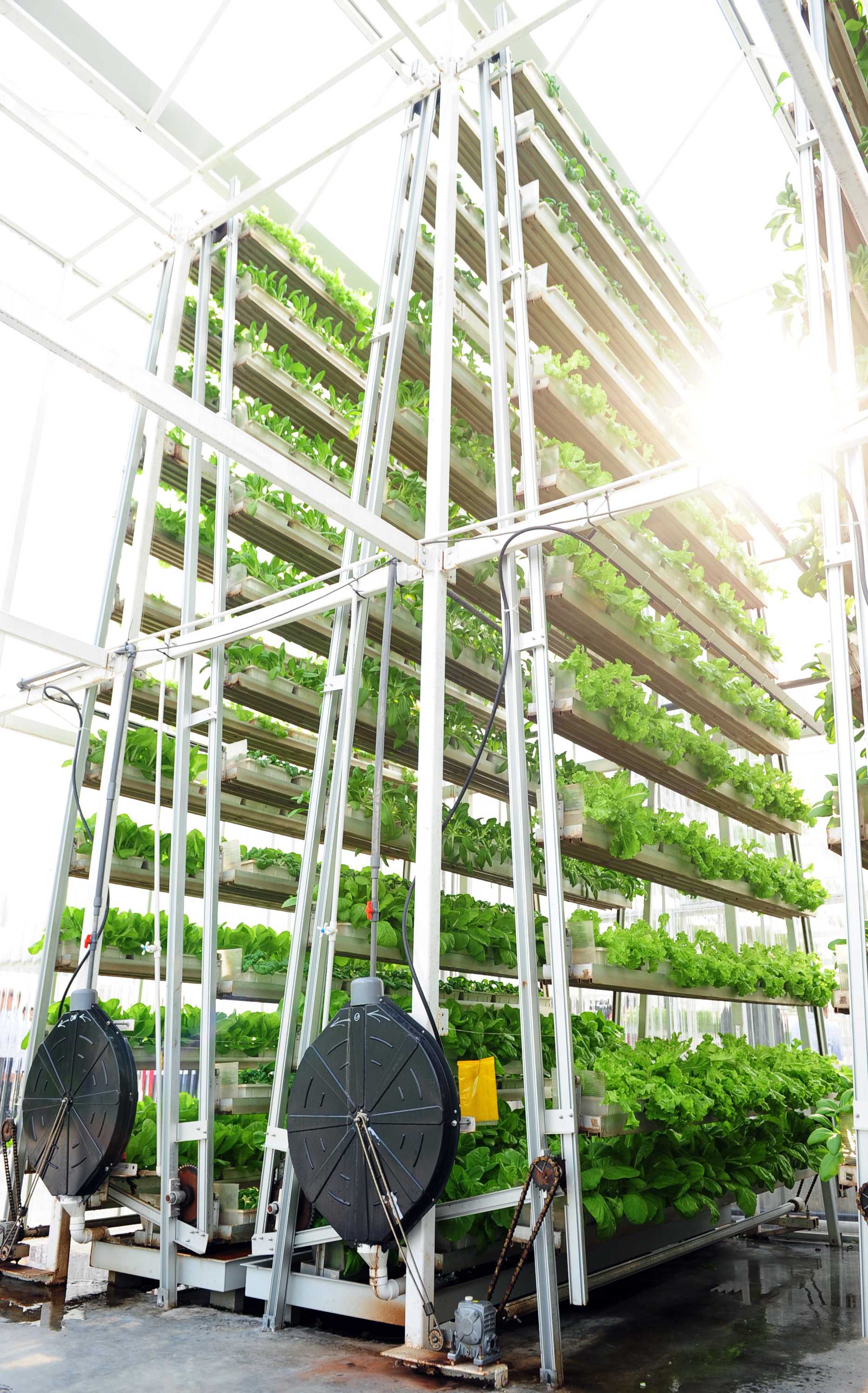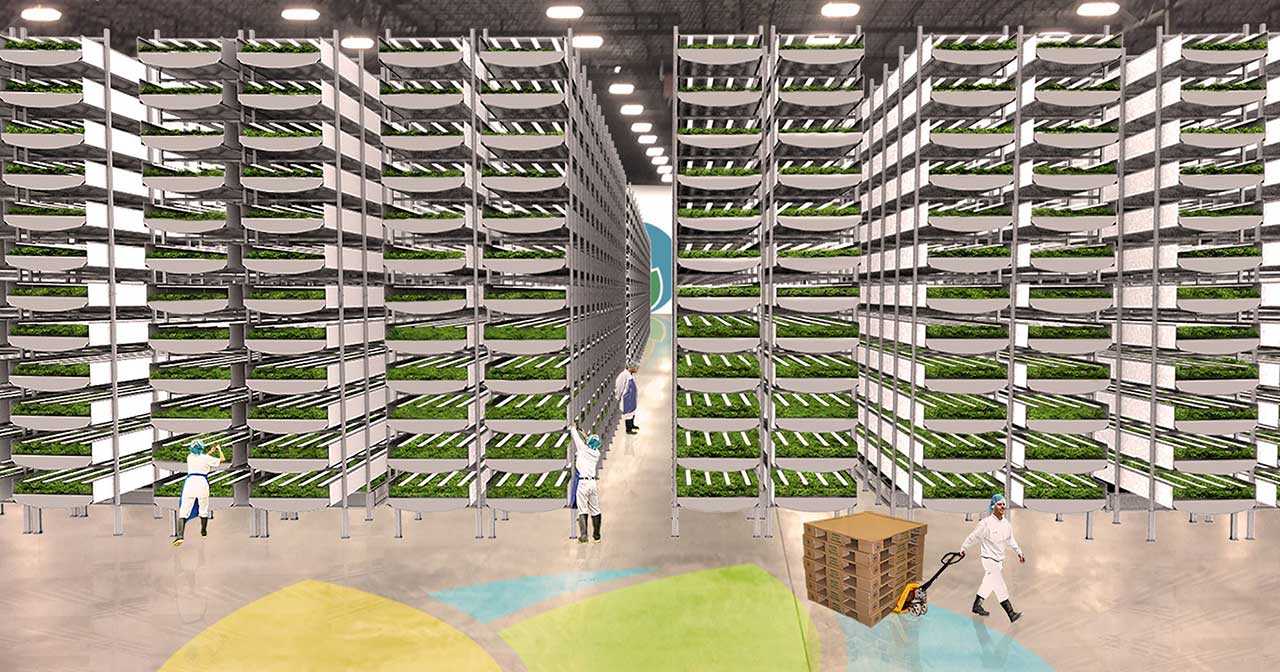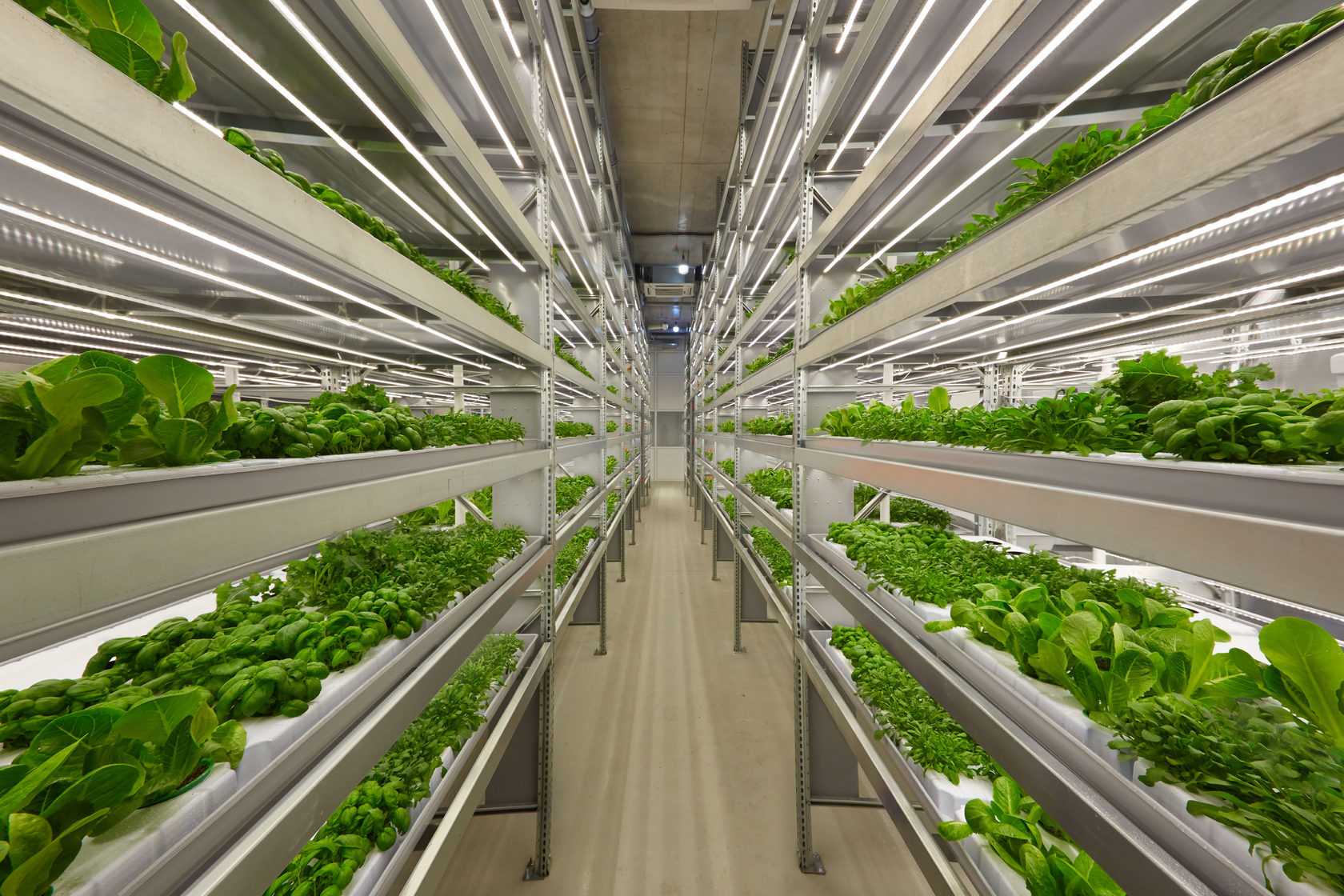
Flexible food systems
From sustainability to supply stability.
How likely? How soon? What impact?
The pandemic has reset the agenda for urban farming. What was once a questionable approach for reducing carbon emissions from food production and transport now appears to be a promising strategy to ensuring stable supplies during the crises and disruptions of the 21st century.
In the coming years, urban farming will compete with e-commerce for scarce industrial land in cities. This pressure will drive innovation in automation technologies and processes that support more intensive cultivation. Smaller, more self-contained farms and greenhouses will emerge in underutilized urban spaces. Along the way, new breeds and species of crops and livestock will expand the menu of foods that can be raised alongside people. As urban food webs grow more diverse, we'll see new circular economies emerge that reuse energy and nutrients over and over.
While urban farming may never be cost-competitive for a wide variety of low-value crops, these activities can provide significant benefits in health, reduced transport emissions, and increased public awareness of food-system vulnerabilities.
Signals
Signals are evidence of possible futures found in the world today—technologies, products, services, and behaviors that we expect are already here but could become more widespread tomorrow.
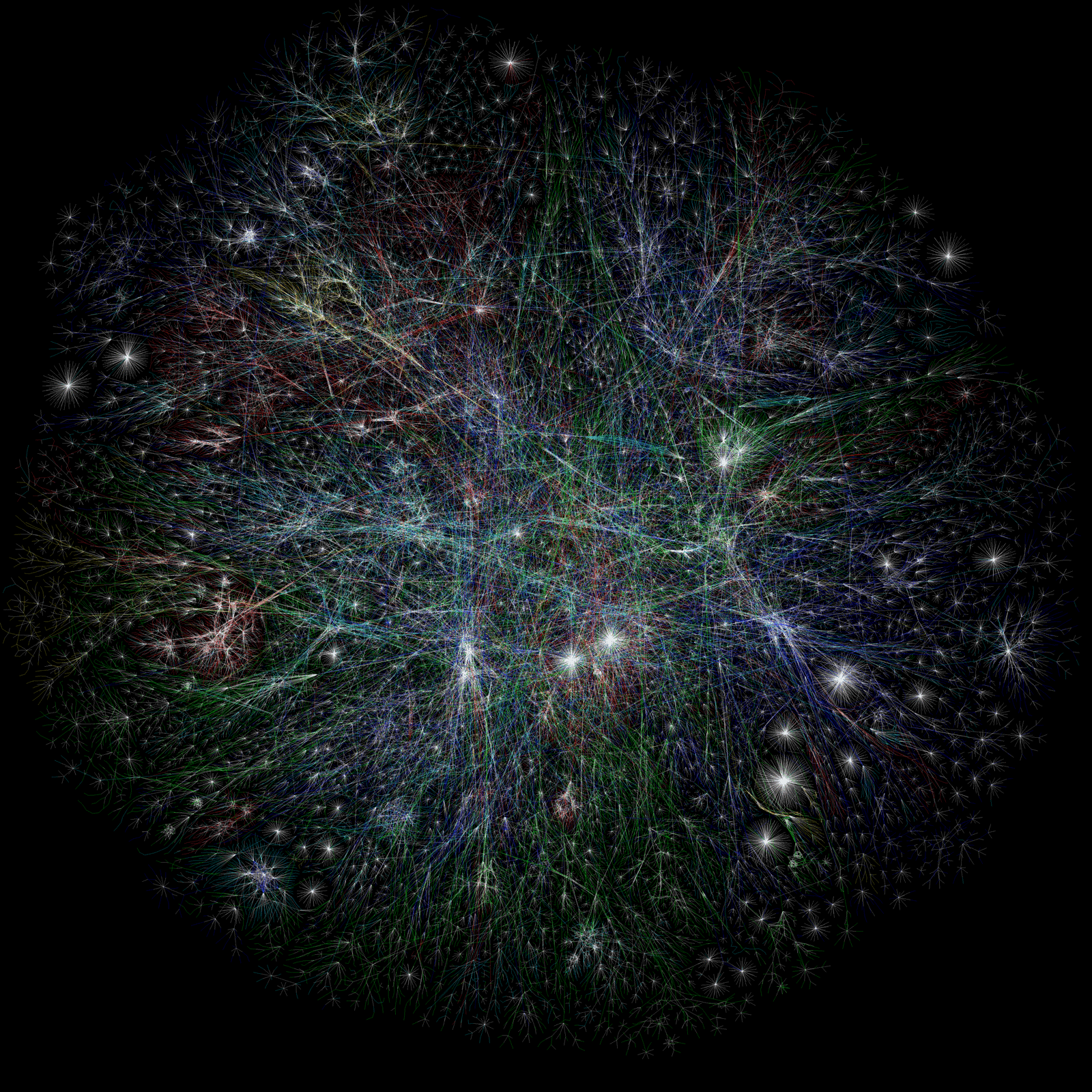



..png)

